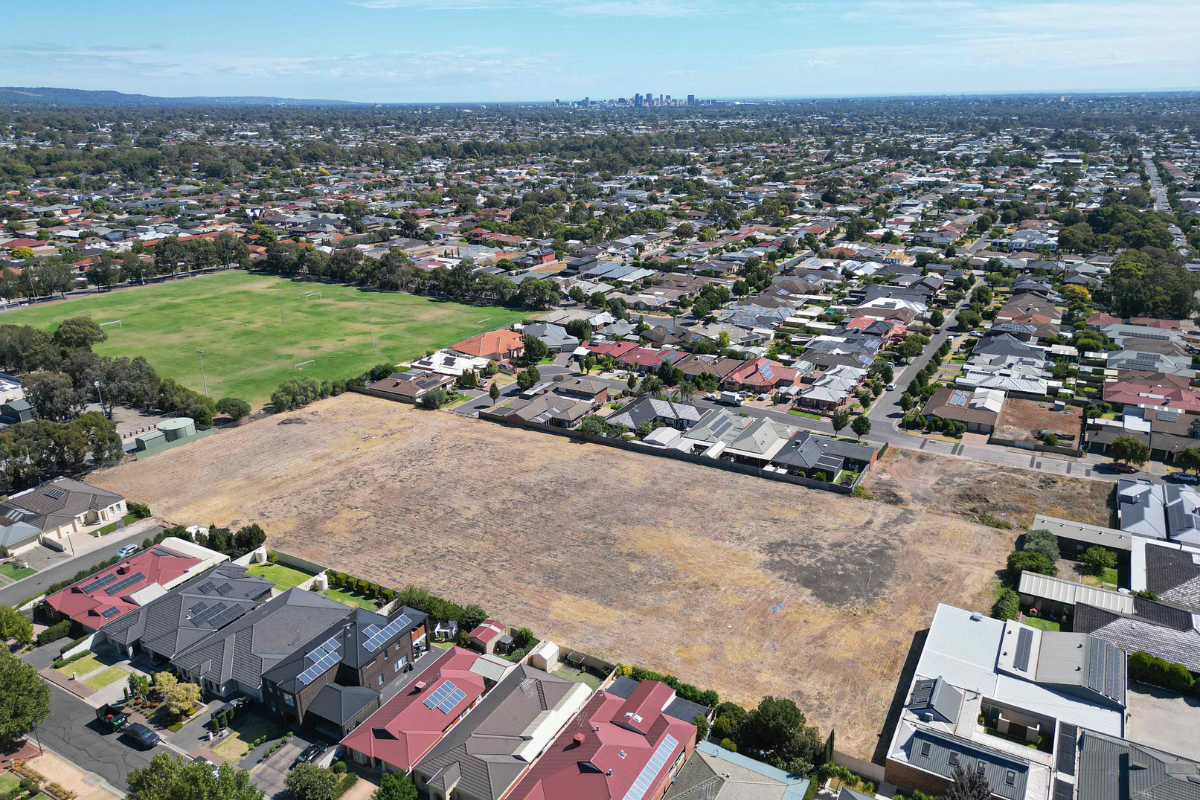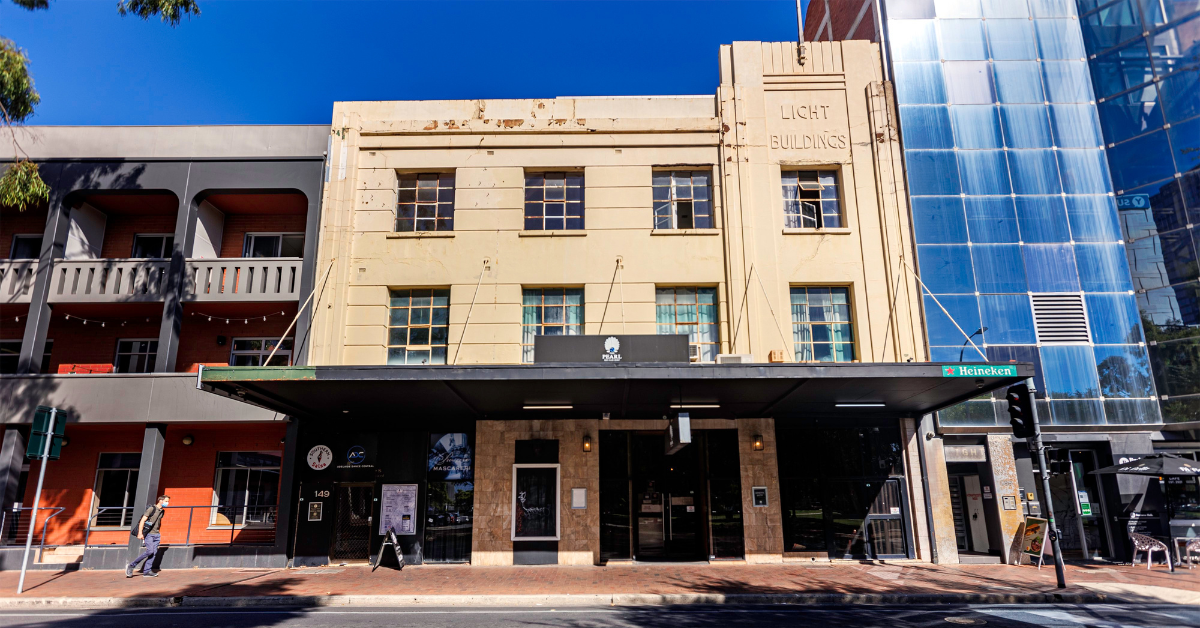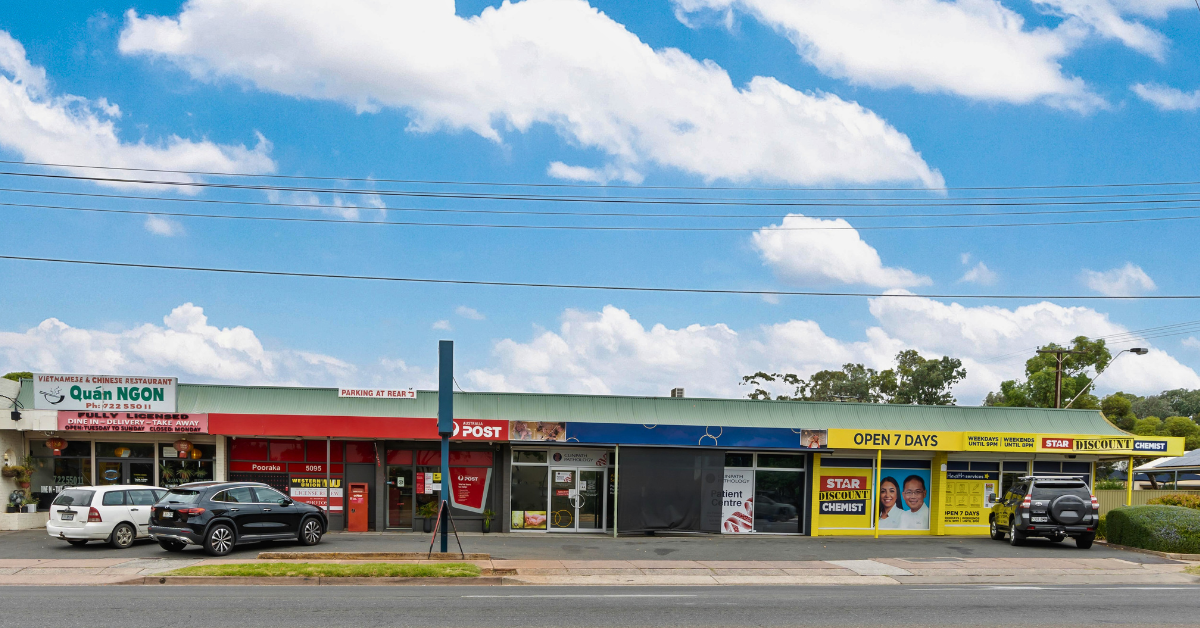Industrial Continues To Stand Out in Adelaide Despite Softening Demand
.png?width=1080&height=565&name=Adelaide%20Website%20feature%20image%20spec%20size%20(2).png)
Adelaide’s industrial sector continues to be the leading non-residential property class for landlords despite tenant demand cooling after Covid-19, according to the latest LJ Hooker Commercial Market Monitor.
Although growth in industrial rents has plateaued, tenant incentives are still under 10%, which is representative of the healthy demand from transport and warehouse operators. The city’s Outer North market remains most buoyant, supporting demand from construction and ancillary businesses catering to growth in housing and infrastructure.
Retail property is also performing well compared to other cities, with well-positioned assets housing tenants that specialise in non-discretionary goods the prime targets for investors.
However, the office market remains challenged, with additional CBD supply – primarily the completion of One Festival Tower – forcing incentives up to between 20-40% dependent on quality, according to the Monitor. The Monitor also identified for landlords to reposition secondary assets to recapture tenants who were seeking better quality office space.
LJ Hooker Group’s Head of Commercial Tom Donnelly said sentiment in the commercial market was healthy, but the city was not immune to the national economic downturn.
In the industrial market, there was a softening in demand from transport and warehouse tenants as households reined in discretionary spending.
“Like their peers around Australia, business owners are juggling increased operational and supplier costs,” said Mr Donnelly.
“Tenants don’t want to pay above market rents as conditions are tight within many industries.”
The T2D road project, the final piece in the North-South Corridor, is scheduled to begin work in 2025 which would support tenant demand for industrial, especially in the Outer North precincts.
Mr Donnelly said retail assets were still attracting interest with neighbourhood centres performing well.
“In suburbs where residents aren’t exposed to the increase in variable interest rates, rents in neighbourhood shopping centres have held up well as the centres continue to meet the demand of the surrounding market,” he said.
“Retailers that offer discretionary items are finding it more difficult, but investors are still showing a lot of confidence in assets run by non-discretionary retailers.”
Share



